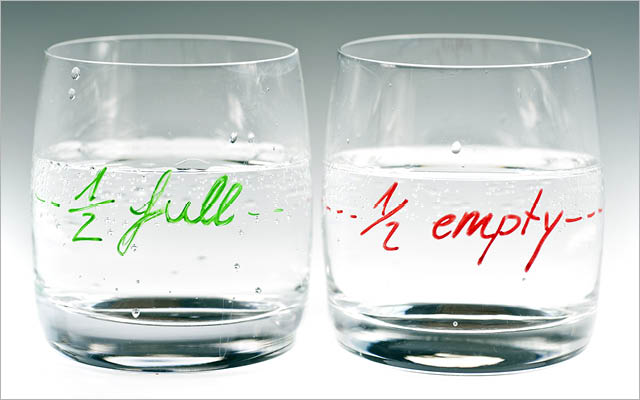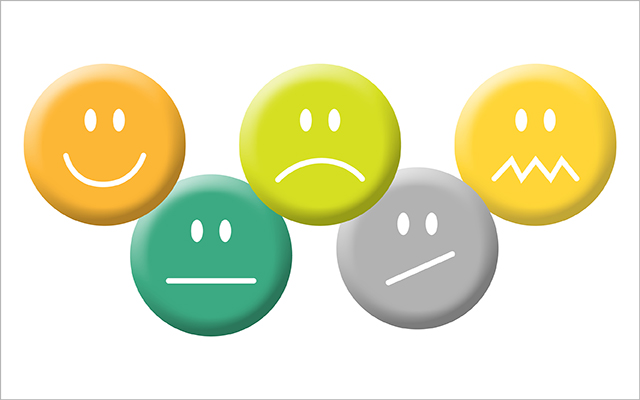My Depression-hardened parents raised me to expect, if not the worst, then something just this side of it. They were a cautious duo, more attuned to life’s precipices than its summits. Their aspirations for their offspring, as a result, leaned toward the humble: Survive high school, get a decent job, and stay out of jail.
Perhaps because I had only managed to check off the first two by the time I left home at 18, their pessimistic nature clung to me like cheap cologne. And the intervening 50 years — despite featuring plenty of inexplicable good fortune — have done little to shift my worldview. If anything has changed, it’s the sense that I’m better able now than I was in my youth to pick myself up after life’s inevitable smackdowns.
But it’s not my inherent fatalism that makes me skeptical about recent research suggesting that my optimistic peers are likely to enjoy a longer lifespan than me. It’s that I find the whole optimist-versus-pessimist dynamic a bit too limited to be particularly useful.
The latest salvo in this ongoing debate comes from Boston University, where researchers reviewed data from the Nurse’s Health Study and the Veterans Affairs Normative Aging Study and concluded that optimists were 11 to 15 percent more likely to live longer than pessimists. Optimistic women, they found, were 50 percent more likely to make it to 85; men enjoyed a 70 percent better chance to crack that barrier.
Nobody seems to know why a sunnier outlook may produce that effect, though scientists suspect that it may lead to more social engagement, which may ease stress and thus moderate inflammation. But that’s more theory than conclusion. As Bruce McEwen of Rockefeller University’s Laboratory of Neuroendocrinology told STAT News, “Translating [this] into individual lives is a more complicated story.”
And it becomes slightly more complicated when you consider the results of earlier research that reached a very different conclusion. A 2013 German study, for instance, found that “older adults are more likely to underestimate their life satisfaction in the future and that such underestimation was associated with positive health outcomes.”
The team, led by Frieder Lang, PhD, of the University of Erlangen-Nuremberg, didn’t attempt to specifically correlate pessimistic attitudes to longevity, but it did argue that a darker view of the future was probably a healthier strategy — at least for the geriatric set. “It may be the case that, in old age, individuals are more likely to consider that their time in life will be limited and that this entails a closer look at savoring the present rather than expecting things to get better in the future,” Lang writes. “We contend that such findings serve to underscore the critical role of realistic views on the future when having to cope with the challenges of aging.”
Lang and his crew, it seems to me, are describing an outlook that falls somewhere between the optimist and the pessimist camps. It’s about accepting with equanimity everything life dishes out in the moment while acknowledging the impermanent nature of things. As my Buddhist meditation teacher put it years ago, “This is how it is now. Can you be OK with it?”
That simple mantra has guided me through 20-odd years of financial disasters, familial discord, and career crises, never failing to deliver a sense of calm amid the storm. And, though I can’t say that I now expect the best from the future, I at least know I can survive the worst.




This Post Has 0 Comments